Nestled in the Finger Lakes region of upstate New York, Cornell University offers its students a bucolic landscape and an Ivy League education. The Samuel Curtis Johnson Graduate School of Management at Cornell is ranked in the top 15 best business schools by U.S. News and World Report and also cracks Magoosh’s top 25. As such, the average Cornell GMAT score is high, and admissions are competitive. But, with the right preparation, you might get accepted to enjoy two years getting your Cornell MBA at the Johnson School in Ithaca.
Cornell MBA Class Profile and Overview
What should you know about the Cornell MBA program’s admissions? Take a look at some quick facts and statistics!
| Acceptance Rate | 39.6% |
| Average GMAT Score | 691 |
| Average Undergraduate GPA | 3.33 |
| Entering Class Size (2-year MBA) | 304 |
(Source: US News & World Report)
So what does this mean for potential applicants? There’s little doubt: the Johnson School is a competitive business program for prospective students to get into.
As part of Cornell University, the Johnson School is an Ivy League business school. Irrespective of the MBA program’s prestige, there’s no question that Cornell is a leading research institution worldwide. By going to Johnson, you’ll have the opportunity to witness, and even take part in, cutting-edge business research at Johnson’s research centers and institutes, covering areas from investment to family business.
Because the Johnson School is well-regarded, it comes with difficult admissions prospects, including high Cornell GMAT scores. For the entering class in 2020, the average Cornell GMAT score was 691, with the majority of scores ranging from 640-740 (10th-90th percentiles). Entering students had an average GPA of 3.33. On average, students also arrived on campus with 5+ years of work experience behind them (62 months on average).
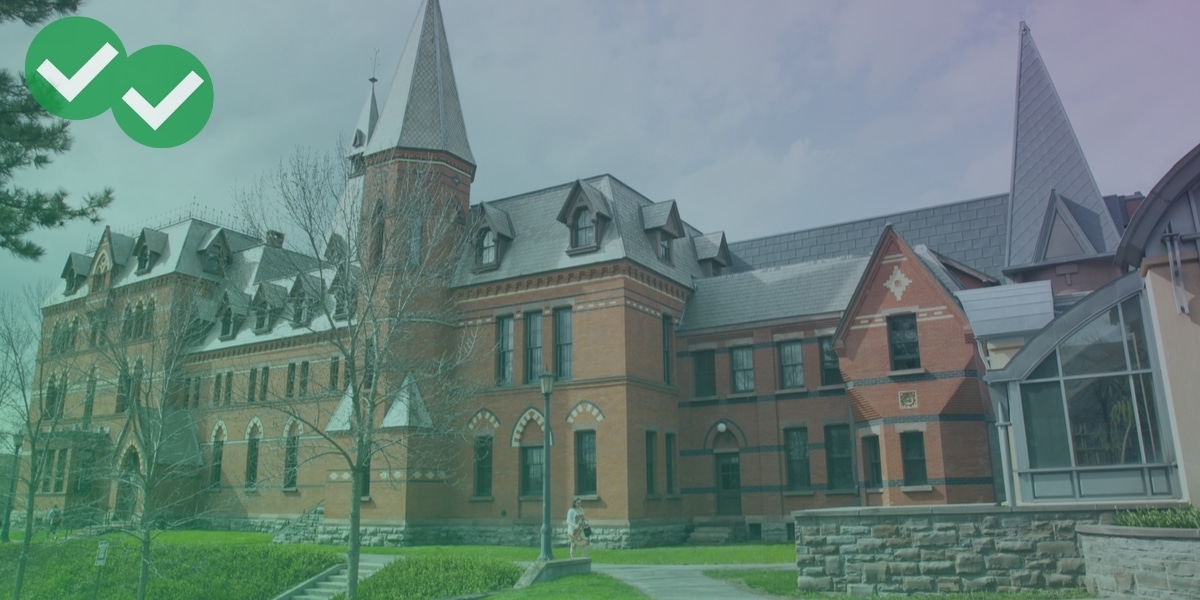
How to Get Into the Johnson Graduate School of Management: Application Process
To apply for an MBA at Cornell, you’ll first need to decide which Cornell Johnson MBA program is right for you. See below for an overview, then check out the Johnson school’s details about each program.
If you’re applying for the two-year MBA program in Ithaca, you’ll need to complete the online application, including a resume and a list of activities. Not too far from the norm, if you’re applying to B-schools! What else will you need if you’re applying to the Cornell Johnson school? Take a look!
These requirements are for the traditional, two-year MBA; find out more at the Johnson School’s MBA application requirements page. Other programs, like the Executive MBA, have separate requirements.
Essays
The Johnson College of Business requires a Goals Statement as well as a required essay, with a second optional essay.
The Goals Statement is a series of short-answer questions about your goals in the near and long terms. There are sentences to complete, as well as a 350-words maximum short answer prompt.
The required essay asks you about how you will impact the MBA community at Cornell. Like the Goals Statement, you have a maximum of 350 words to answer this prompt.
The optional essay lets you give insights into any part of your application that might be confusing or unclear. If you’re reapplying to the school, though, note that this essay is mandatory; you’ll need to explain how you’ve improved as a candidate since you last applied.
Test Scores
Cornell Johnson accepts both GRE scores and GMAT scores, as many MBA programs do. However, they are currently reevaluating their use of test scores because of the Covid-19 pandemic.
Because of this, you can request a GMAT/GRE test waiver if you’re applying to the full-time MBA program. This waiver will let you skip testing, in the program’s words, “without negative bias.” Instead of providing test scores, you will write a very short (100 words max) essay about why the academic environment would be helpful for you.
Letters of Recommendation
The number of references you need varies by MBA program, but Cornell Johnson is more flexible than some. You need one letter, but you’re allowed to submit two if you have them. The ad com will consider both!
Interviews
Once you’ve submitted your application, you should be on the lookout for an interview notification. The Johnson MBA program will either invite you to interview; invite you to the waitlist without interview; or reject your application. However, it is mandatory to complete the interview to obtain admission.
Johnson MBA Programs and Curriculum
The two-year MBA is located in Ithaca, far from the hustle and bustle of New York City. The MBA program does not use a standard curriculum. If you’re more interested in working than academic coursework, then the Johnson School might be right for you. Your first year will not be occupied entirely with standard core coursework.
At Cornell, core courses finish after the first semester, with the second semester diving right into performance learning, where field work is integrated with course work. This “immersion learning” involves picking one of eight specialities, from Investment Research and Asset Management to Sustainable Global Enterprise. Students then take courses related to these specialties while touring businesses in the area and completing projects related to them. The second year is spent primarily on electives; these electives concentration elective courses.
The one-year MBA is also located in Ithaca. However, this accelerated program is not for all candidates; it focuses on STEM subjects, as required courses have a strong quantitative bent. According to the Johnson website, this program focuses on “data analytics, technology, and other similar disciplines integral to contemporary business leadership.” There are also dual degree options available for this program.
For students with more specific interests or more advanced qualifications, Johnson offers several executive MBA programs (including an international option called EMBA Americas), a tech-focused MBA, and a healthcare-focused MBA. It even offers the world’s only global business program that is part-time and conducted dually in both English and Mandarin Chinese, through a partnership with Tsinghua University. However, this program is located in Beijing, rather than Ithaca.
Why the Cornell MBA Program Might Be Right For You
If you’re looking for an intimate, tight-knit graduate program in a rural college town, then the Johnson School might be a good fit for you. Keep in mind, though, the competition will be fierce: Cornell GMAT scores are high (average GMAT score: 691), and acceptance rates are low. If you are admitted, though, you are sure to benefit from a world-class education with impressive classmates!
Cornell’s Johnson School distinguishes itself from other leading business schools because of its small and close-knit community. With 59 full-time faculty members and about 571 full-time MBA students, the bulk of Johnson students are enrolled in the two-year program, with a smaller number choosing the one-year option (source).
The Johnson School is located in Sage Hall, where students will take most of their classes. The Johnson School is renowned for its performance learning concept, which allows first year students to integrate course work with field experience across one semester. This immersive experience combines analytical frameworks from the classroom with the ability to see how theories and case studies apply to real-world issues, as students then visit work sites.
Cornell MBA Employment Outcomes
What can graduates of Cornell Johnson expect from their careers? Though these vary significantly depending on the specific degree, full-time graduates can anticipate both high job placement rates and high earnings. However, it’s important to keep in mind that graduates receive a wide range of possible salaries due to differences in their fields and locations.
For the class of 2020, large numbers of MBA students had jobs lined up at graduation: 84.6%. This rose to 90.3% three months after graduation.
The mean base salary of graduates is also impressive: $138,767. However, keep in mind that base salaries for graduates ranged from $77,000 on the low end to $200,000 on the high end.
Finally, signing bonuses also fall along a wide range. The average signing bonus was $36,391, but these ranged from $5,000 to $105,000–a pretty drastic difference!
For more information on Cornell employment outcomes, check out the school’s page in the US News & World Report, as well as their own employment data.

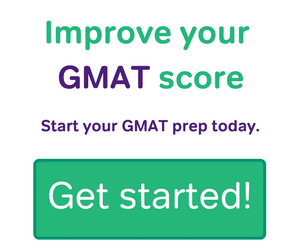

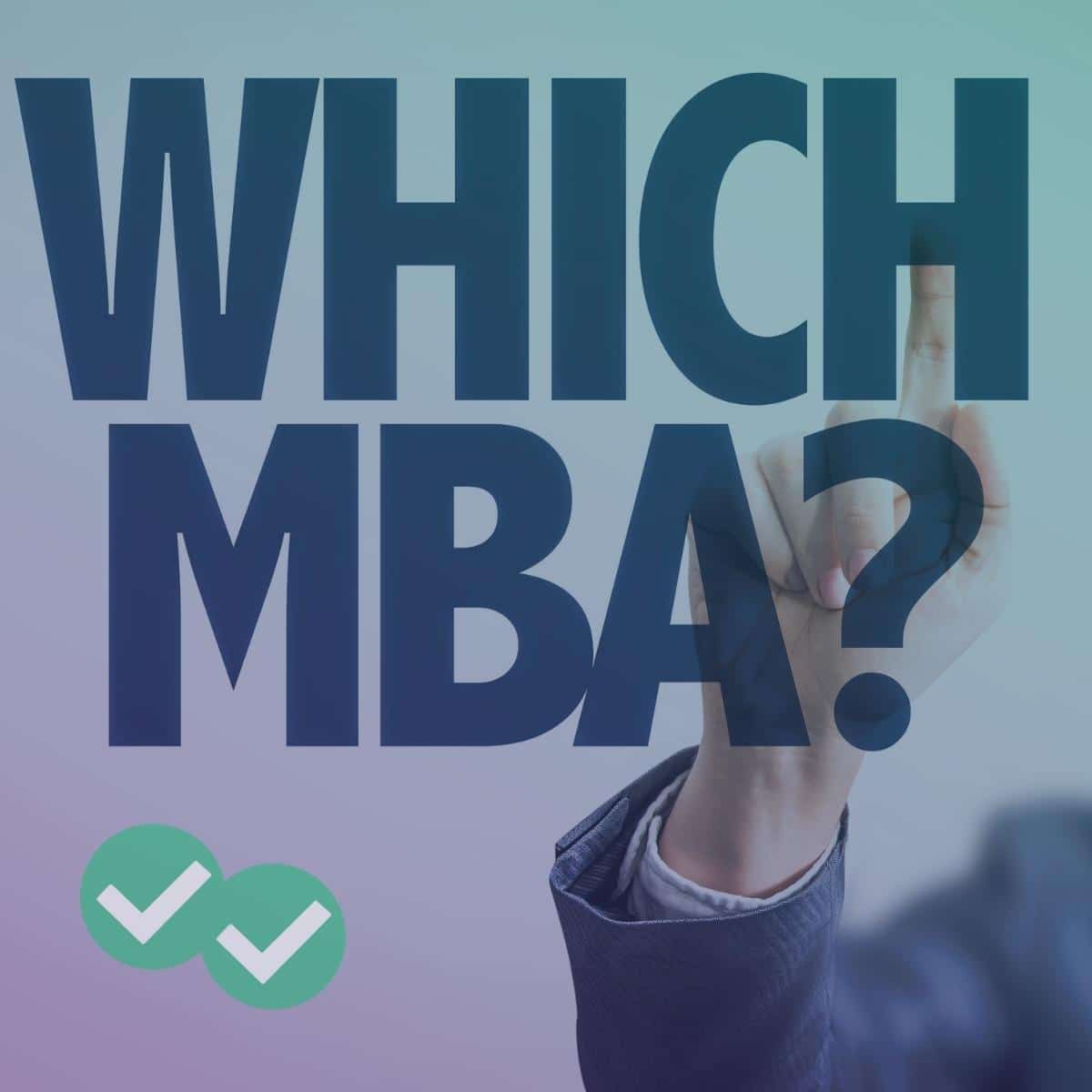
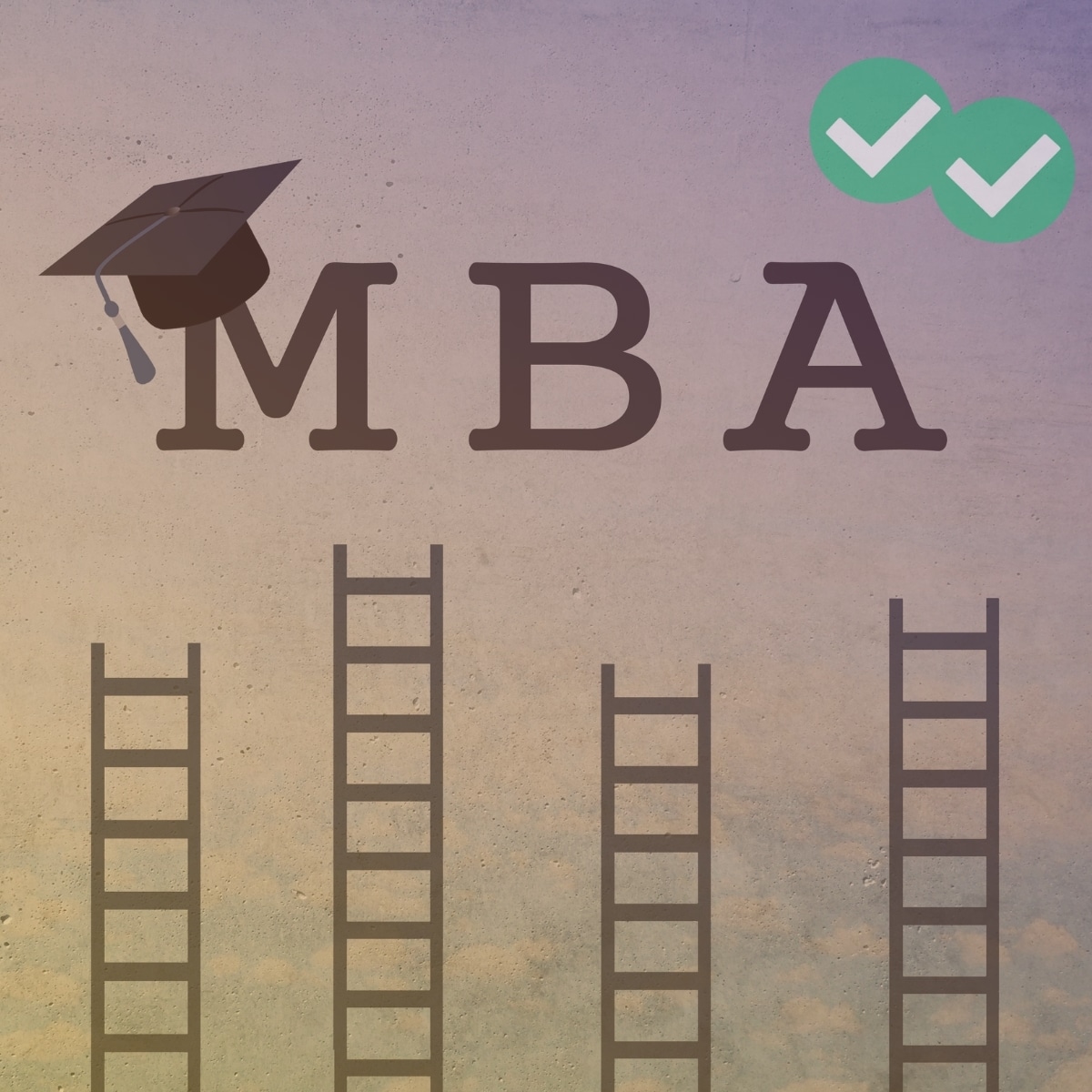
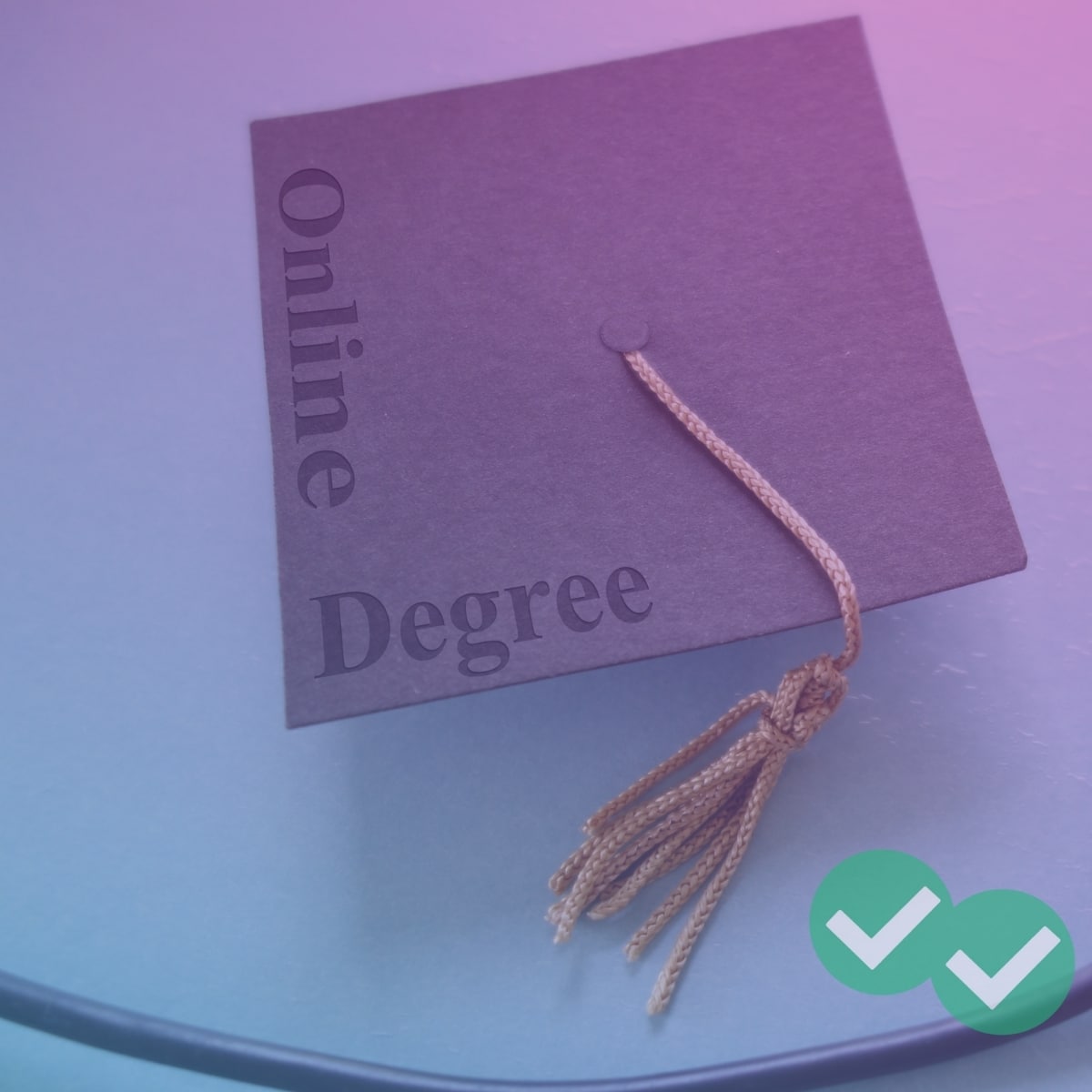
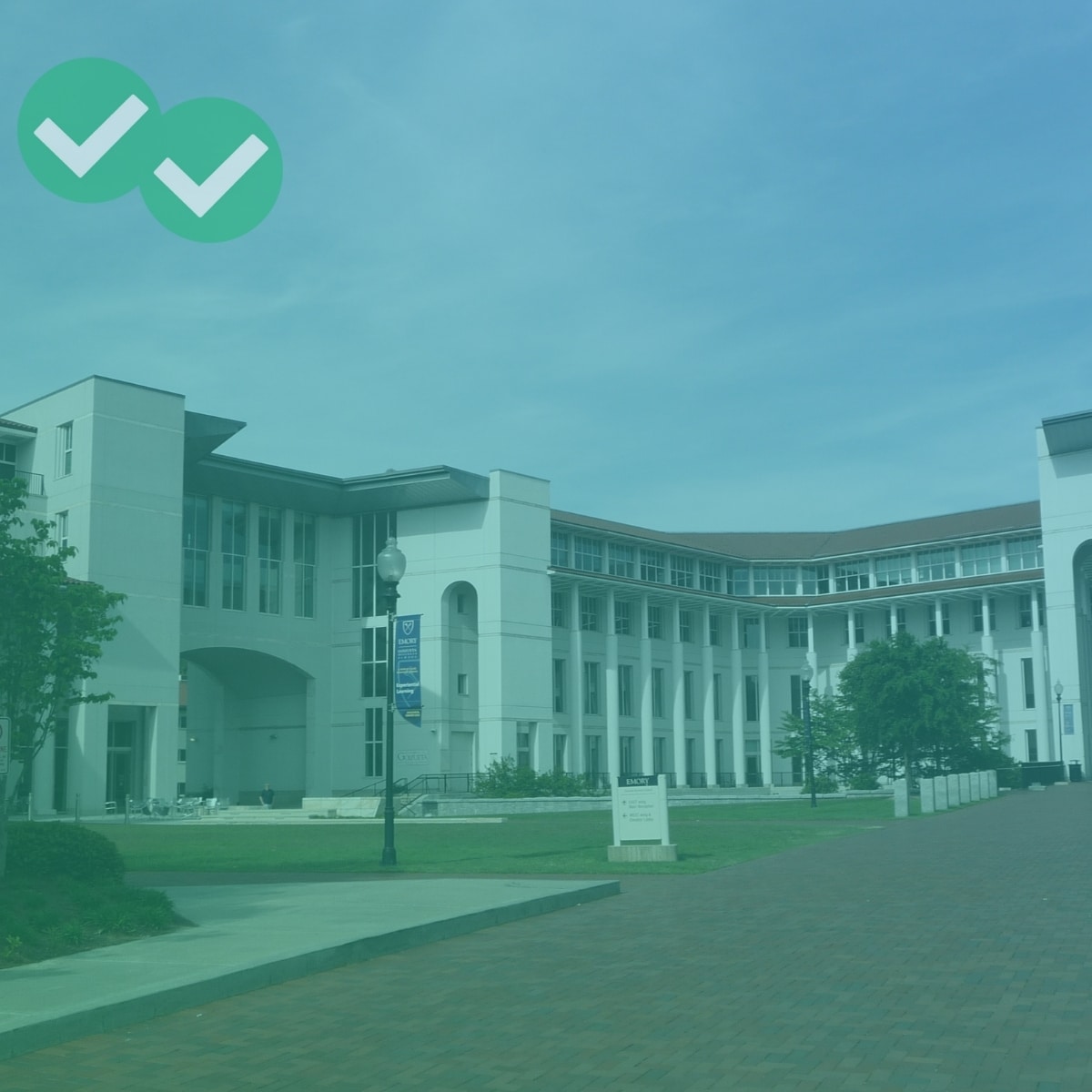
Leave a Reply